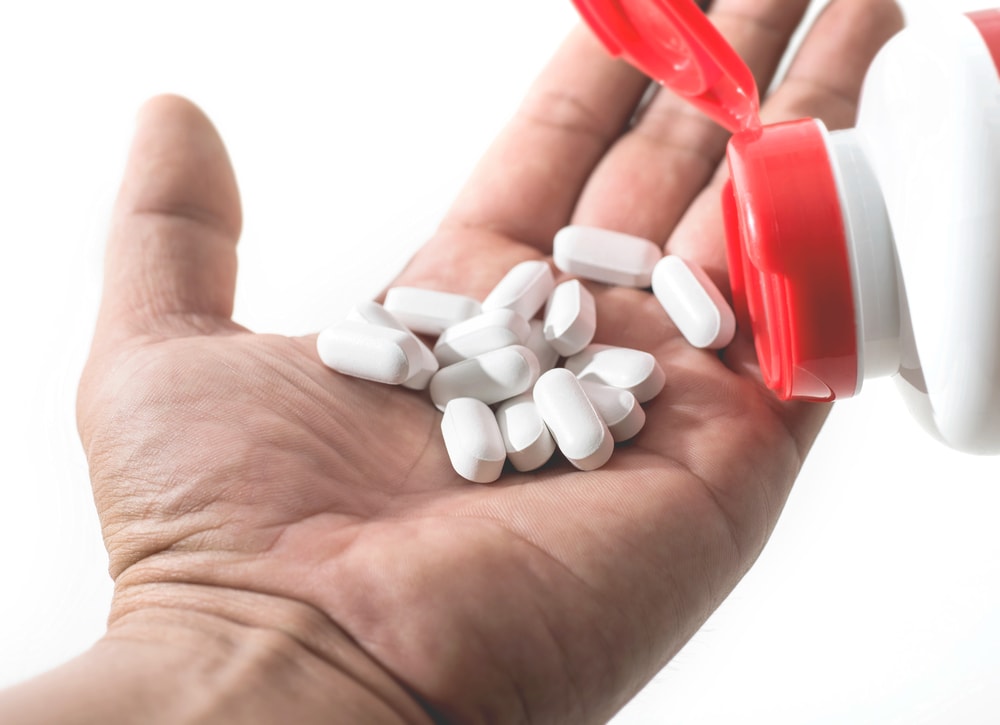Diazepam is one of the most prescribed drugs by a doctor. While Diazepam is its technical name, most people refer to this drug as Valium. The drug is prescribed to treat anxiety and anxiety-related disorders. The addictive and potentially lethal nature of this drug makes it easy for an accidental, or intentional, overdose to occur. To help someone who is at risk, or has overdosed on this drug, it’s important to recognize the signs and symptoms.
The Risk Factors for an Overdose
- Mixing the drug with alcohol and other drugs
- Having a low tolerance level
- Being elderly
- Relapsing after a withdrawal period
There are several factors that can determine whether someone is risk for an overdose. The risk factors include:
Signs and Symptoms of an Overdose
Anyone who takes Valium, or knows someone who does, should have an awareness of these symptoms. If anyone begins to notice these symptoms, it’s important to get medical attention as soon as possible.
Depression
The drug causes the release of dopamine into the brain’s reward system. When a surge of dopamine is released into the brain, it can cause depression.
Issues with Coordination
People on this drug often display issues with coordination. The problem is due to the lack of response to form of sensory stimulation. Ingesting large amounts of the drug can result in a decrease in coordination, make it harder to move limbs, and slows a person’s reaction time.
Problems with Memory
This drug is linked to amnesia, difficulty remembering events, blackouts, and having a hard time learning new information. Taking large amounts of Valium for non-medical usage can cause people to have alcohol-blackouts or affect their ability to remember certain events.
Tolerance and Dependence
Becoming dependent on this drug means the body needs the chemical regularly to act normally. When the body becomes tolerant, it has adapted to the changes the drug has made on the chemistry of the brain. The body is no longer able to feel the same sense of relation as it did when the person started taking the drug. When tolerance and dependence are combined, the physical effects of the drug use may cause people to increase their drug intake. This type of behavior can cause overdoses.Other signs of abuse include:
- Headaches and dizziness
- Persistent drowsiness
- Fatigue and anxiety
- Dry mouth or excessive saliva
- Digestion Issues
Symptoms to Look for in Teens
Teenagers may display additional drug abuse symptoms. Along with the physical symptoms, teens may display changes that are primarily social in nature. For example, there may be a change in the people they associate with, they may start getting in trouble at school, and they may begin to abuse other substances.
How to Avoid an Overdose
There are several ways a person can prevent an overdose. The most effective way to do this is to only use the drug as prescribed. Also, avoid mixing the drug with other substances. Anyone who is prescribed a drug should have a discussion with their doctor about how the drug could interact with herbal supplements, other drugs, alcohol use, and prescription medications.
What to Do if An Overdose Occurs
If it seems like a person is overdosing it’s important to call emergency services immediately. It’s important that no one attempt to treat the person at home. While waiting for emergency services to arrive, the person’s condition should be monitored. Keep the person alert and wake. If possible, keep the person sitting up. Inform emergency personnel about the drug the person consumed and when. It’s also important to give the person’s age, height and condition. If the person overdoses there is a good chance that they have an underlying addiction issue.
Recovering from an Overdose
If the person receives medical treatment in a timely fashion, they can recover from an overdose. Those who survive an overdose may want to consider entering into a treatment program to prevent another overdose from occurring. There are multiple types of treatment programs available.
Medically Assisted Detox
This program is ideal for people who experience dangerous withdrawal symptoms when they stop using drugs. For people in this situation, is it better to detox slowly and to do so under medical supervision. This type of program usually occurs in a facility where the person can be monitored and assisted.
Rehabilitation
Rehab can occur on an inpatient or outpatient basis. An inpatient rehab center can provide 24-hour care. The average stay is around 30 days, but some programs are longer. Outpatient treatment will offer a similar type of care as an inpatient one. The person stays in their home. This type of treatment program is ideal for the person who has solid recovery support and an addiction issue that is not that severe.A Valium addiction can have a negative impact on one’s life and even result in the person’s death. Knowing the signs and symptoms of addiction is one way to ensure that someone gets the help they need before it’s too late.
For more information on prescription drug overdose click here.

